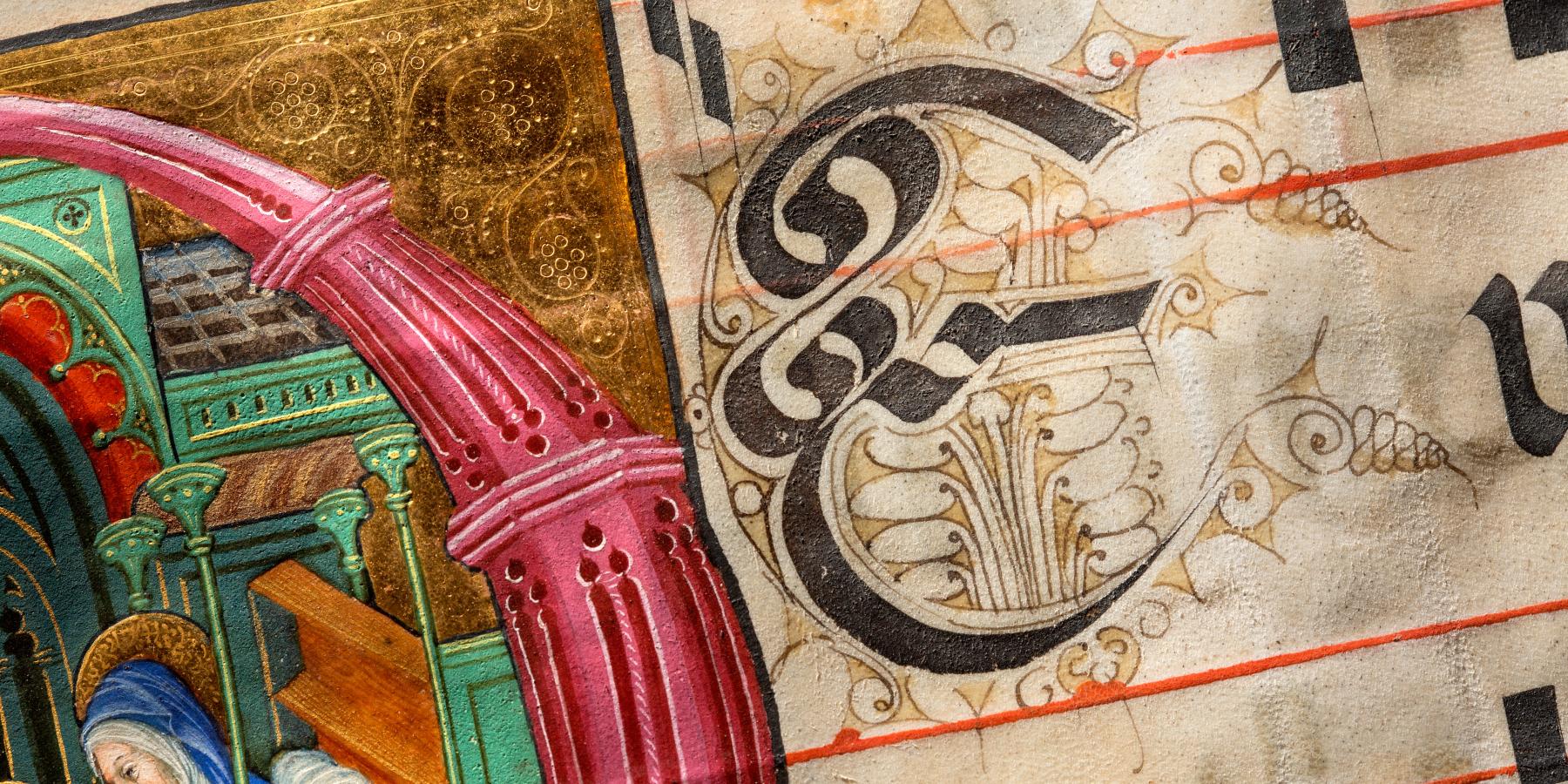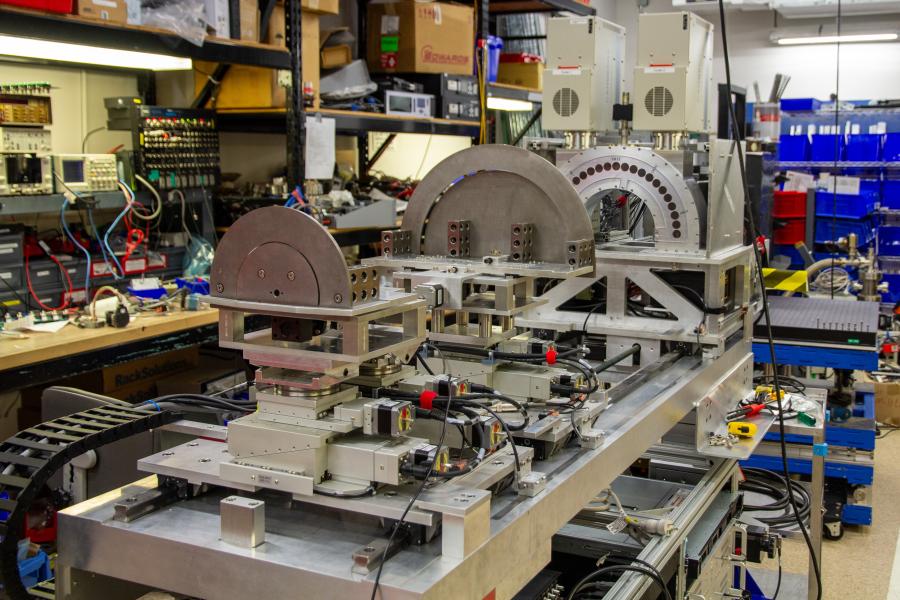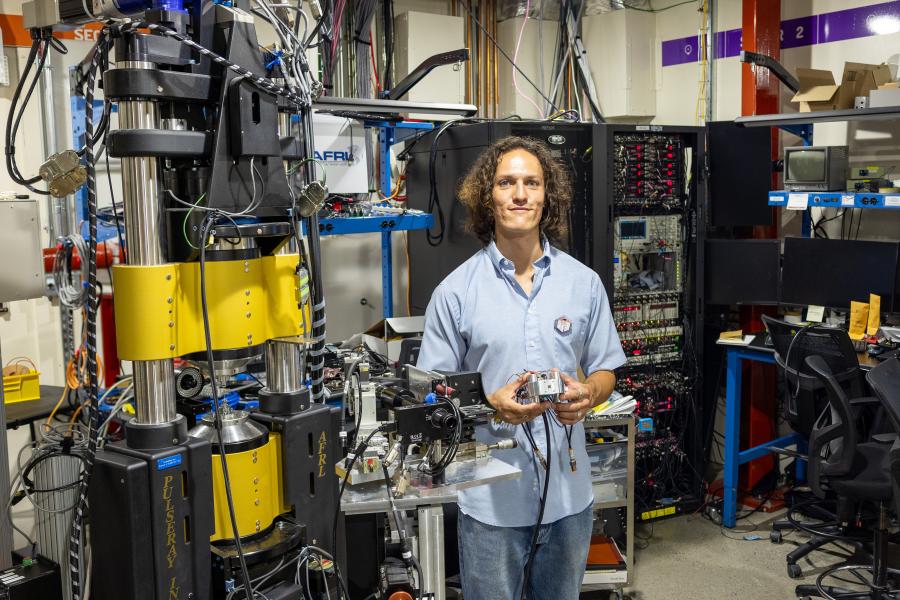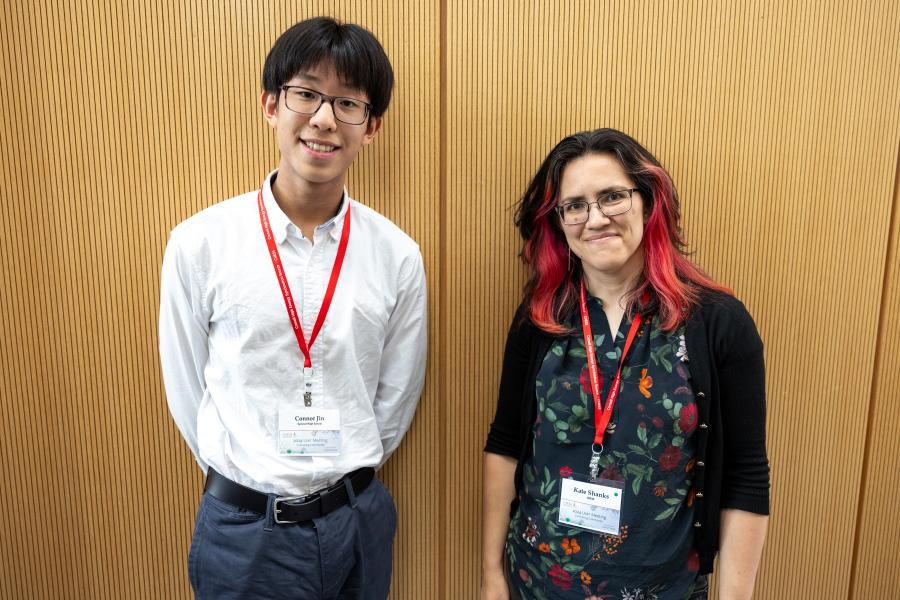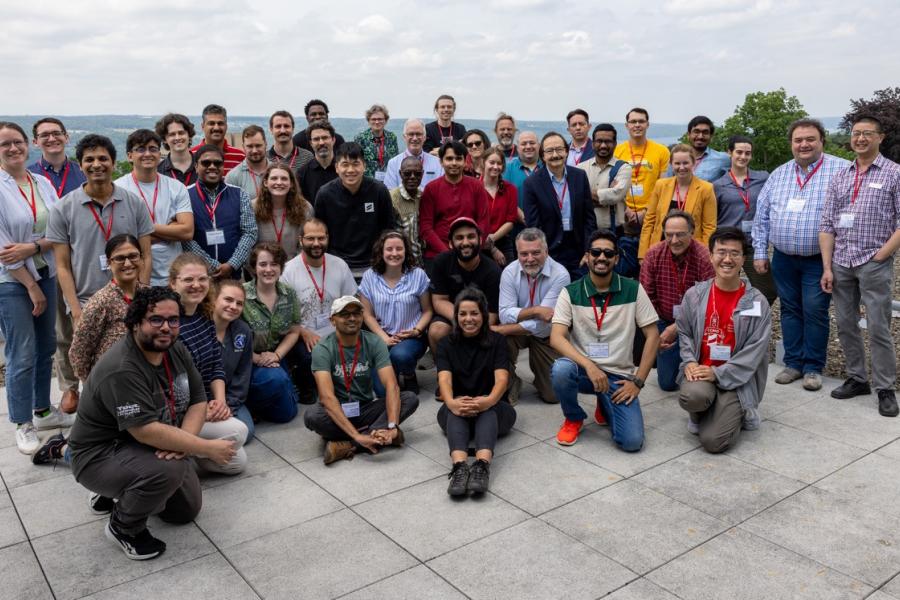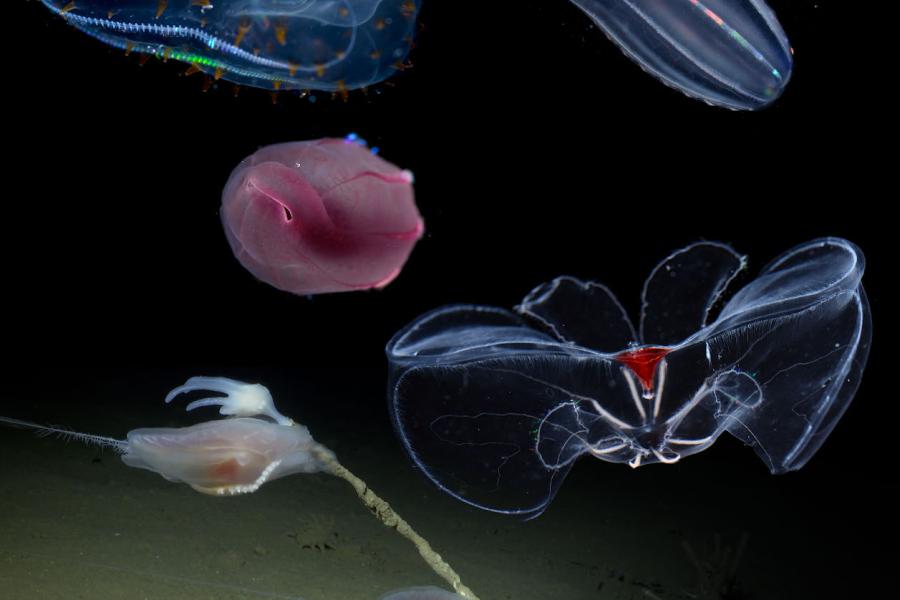Sidebar Menu (View Pages)
- Status
- ⌃ Science
-
⌃
Users
- What's the process? - Prospective User Guide
- User Guide
- Beamline Directory
- CHESS Deadlines
- X-Ray Run Schedule
- CHESS 2026_1 Updates
- Shipping
- ⌃ Safety
- Travel and Lodging
- Acknowledgments
- User Agreement
- CHESS Status Page
- ⌃ Technical Resources
- ⌃ Facilities
- ⌃ Public
- Industry
- ⌃ About
Tags
Featured
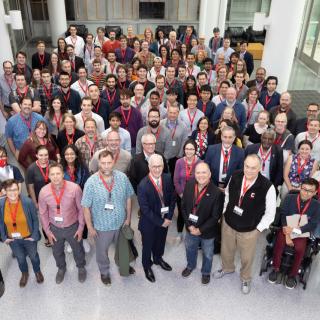
Save the Date - CHESS Users' Meeting 2026
Save the Date for the annual CHESS Users' Meeting: Tuesday, June 2nd, 2026
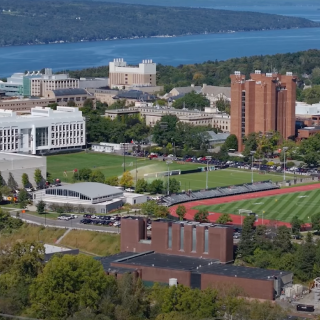
Planned Power Outage - December 3-5, 2025
There will be an upcoming planned power outage from all day Wednesday December 3rd through the morning of Friday December 5th that will be impacting Wilson Lab and our CLASSE/CHESS IT services. This outage will interrupt multiple elements and services for our users.
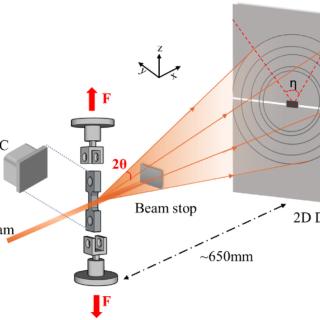
Unlocking how microstructure drives phase changes in austenitic steels
How does grain size shape the way advanced steels respond to extreme conditions? Using high-energy X-ray diffraction at the FAST beamline, researchers uncovered how the parent austenite grain size in stainless steel can either suppress or accelerate the transformation to martensite. The findings reveal new pathways for tuning microstructure to improve the performance of these widely used structural materials.
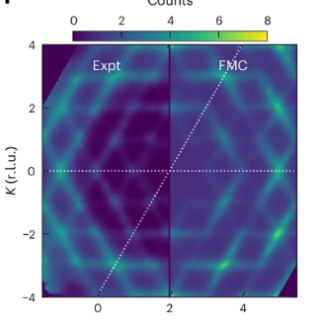
The quantum tug-of-war between structure and spin
Using advanced X-ray scattering at the QM2 beamline at CHESS, researchers uncovered how atomic bonds and magnetic moments compete inside a newly discovered material - revealing a frustrated lattice where structure and magnetism intertwine and opening new possibilities for quantum materials research.
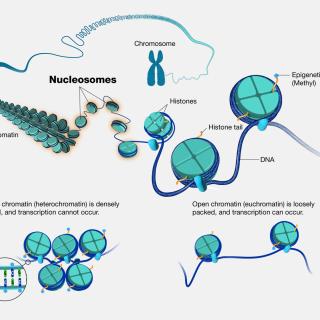
Under Pressure: How CHESS Helped Reveal Hidden Differences in Our DNA Packaging
How does pressure affect the molecules that organize our DNA? Using high-pressure X-ray scattering at CHESS, researchers revealed surprising differences between conventional and centromeric nucleosomes. This research sheds light on how our genetic material withstands extreme conditions and stays resilient under stress.

Brad Ramshaw named Experimental Physics Investigator
Cornell physicist Brad Ramshaw has been named a 2025 Experimental Physics Investigator – a prestigious national recognition awarded by the Gordon and Betty Moore Foundation to a select group of mid-career researchers pushing the boundaries of experimental physics. The award provides $1.3 million over five years to support bold, high-impact experiments that advance our fundamental understanding of the universe.
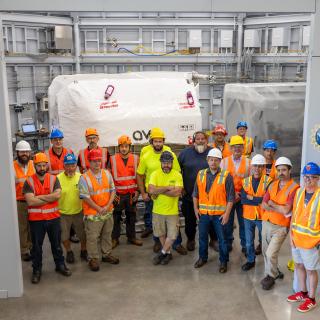
End Station Delivery to CHESS
CHESS hit a major milestone last month with the delivery and installation of a 20-ton front end vacuum chamber for the High Magnetic Field (HMF) Beamline—the largest vacuum chamber ever deployed at the facility.
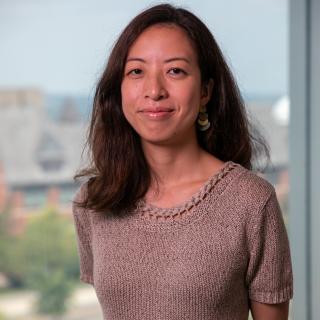
Nozomi Ando named to Schmidt Polymaths cohort
Nozomi Ando, CHESS user and professor of chemistry and chemical biology in the College of Arts and Sciences at Cornell, has been named a Schmidt Polymath, part of a global cohort of eight scientists and engineers who will each receive up to $2.5 million over five years.
